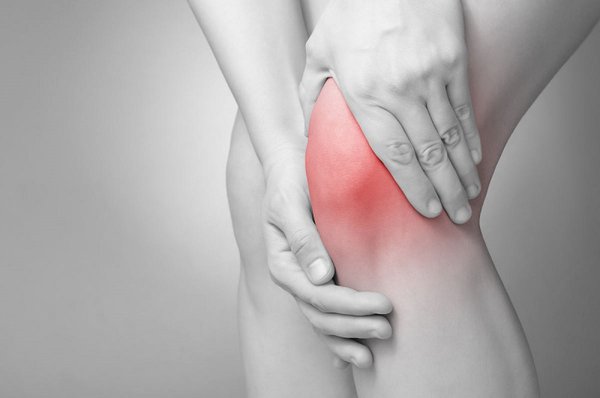Knee pain: a common situation after fifties
Many people around or after their fifties complain about knee pain that occurs apparently without reason and it is described as an uncomfortable sensation that comes and goes but not bad enough to visit a doctor.
 |
Sometimes pain becomes aggressive, causing difficulties in daily activities like using the stairs, bending down or standing up from a chair. Most people will think that visiting a doctor is now necessary.
After consulting with a specialist and hearing some new words like Knee Osteoarthritis, people immediately wonder if pain will decrease somehow and if they could ever be able to move freely again.
Under the appropriate orthopedic care the answer is “YES” for both questions.
Inside our knees, bones are covered by cartilage, a spongy soft tissue that protects bone surfaces from touching each other, acting like a shock absorber. Space between bones is filled by articular liquid, a fluid that serves as a lubricant, facilitating bone displacement during movement.
There are many circumstances in later life in which cartilage cannot support weigh bearing, articular liquid looses its lubricant properties, space between bones becomes narrow and bones begin touching each other with movement. This is known as initial knee osteoarthritis.
If nothing is done to improve this condition, repetitive rubbing will change bones surfaces, cartilage damage will continue and the local inflammatory response will be to overproduce bad quality articular liquid. This translates into symptoms such as severe pain, swelling, limited range of motion, tenderness and mild deformity of the knee.
The goal of medical treatment is to reduce pain, allowing the patient to get back to common activities but the outcome strongly depends on how early it is diagnosed and treated. Initial knee osteoarthritis (stage I) can be treated conservatively, improving lifestyle and using specific medication.
Mild knee osteoarthritis (stage II) may require intra-articular injections with steroids and local anesthetics, a very effective option to manage pain and improve movement. Injections are also useful to drain the excessive quantity of articular liquid and to replace it with a high-lubricant synthetic fluid to prevent additional cartilage damage. Some other treatment options like platelet rich plasma or stem cells matrix are commonly applied at this stage.
Advanced knee osteoarthritis (stage III) may be treated using arthroscopy techniques, a minimally invasive video-camera assisted procedure that allows the surgeon to check the joint from inside, repairing or removing the affected tissues. Severe knee osteoarthritis (stage IV) involves irreparable cartilage damage and the knee may need to be replaced using a joint prosthesis, a surgical procedure that is very safe and successful nowadays.
Lastly, it is very important to remark that treatment for all stages of knee osteoarthritis require dedicated physical therapy for better results.
If you have been feeling knee pain, the best thing you can do is to arrange an appointment with an orthopedic surgeon. Meanwhile, try applying coldpacks three times per day for 10 minutes but do not forget to use a cloth between the coldpack and your skin to avoid burns. Cold therapy will help to decrease inflammation and pain.
Avoid applying heat on a painful knee. Knee osteoarthritis is related to inflammatory conditions and a warm environment around the joint can only make things worse. Try also to avoid using expensive ointments and creams that will make you lose your time and money.
For more advice on any medical topics, visit Family Medical Practice Hanoi at: 298 I Kim Ma Street, Ba Dinh. Tel: (024) 3843 0748. Email: hanoi@vietnammedicalpractice.com.
FMP’s downtown Ho Chi Minh City location is: Diamond Plaza, 34 Le Duan Street, District 1: 95 Thao Dien Street, District 2. Tel: (028) 3822 7848. Email: hcmc@vietnammedicalpractice.com.
FMP Da Nang is located at 96-98 Nguyen Van Linh Street, Hai Chau District, Da Nang. Tel: (0236) 3582 699. Email: danang@vietnammedicalpractice.com.
(Source: VNS/ by Dr Andres Sosa)